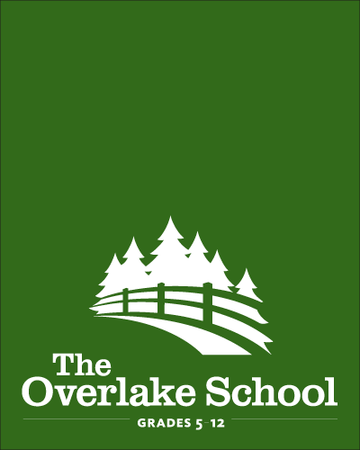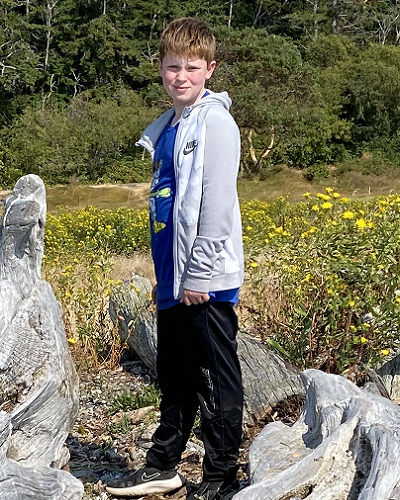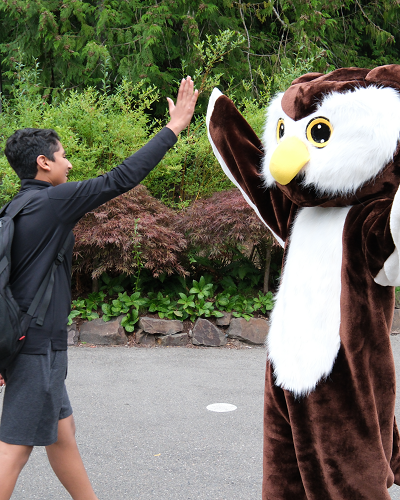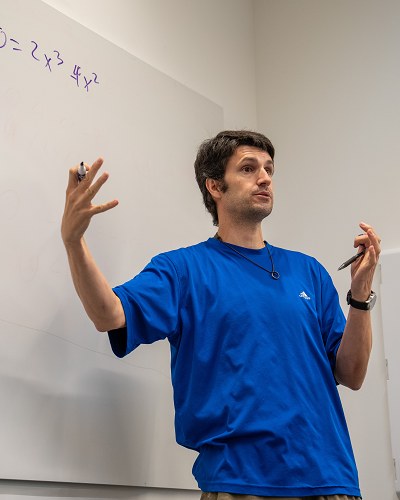Death Valley Camping/Backpacking

Death Valley Rocks! is a hiking and backpacking tour through Death Valley National Park in the Mojave Desert. This trip will spend time visiting locations that represent different landscapes within the largest national park in the contiguous U.S. As the hottest place in the world, and the lowest and driest in the U.S. the natural features of this vast desert offer extremes foreign to Western Washington.
We will spend one night and two days backpacking Fall Canyon, one day hiking a famous Death Valley peak, and two days bookending the trip seeing and exploring more of the beautiful, rugged landscapes of the park. At night, we will enjoy the International Night Sky designation of Death Valley identifying the stars and hiking under the moon without the light pollution of nearby cities, establishments or even our own flashlights.
Project Week (2024-25)
Mar 24, 2025 - Mar 28, 2025



